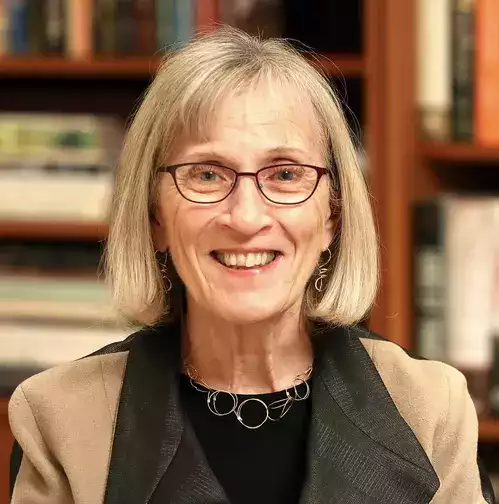Claudia Goldin, an esteemed economist and economic historian, has made waves in the field of gender equality and labor economics. Her groundbreaking research on the gender pay gap spanning over 200 years has earned her the prestigious Nobel Memorial prize in Economics. Goldin’s achievement holds immense significance not only within academia but also in the wider context of diversity and inclusion in today’s corporate world.
Goldin’s research delves into the patterns of female market participation and the underlying reasons behind the persistent gender wage gap. She reveals that female participation follows a U-shaped curve, initially decreasing during the transition from agrarian to industrial societies due to the challenges faced by women in leaving their homes for factory work. However, participation began to rise in the early 20th century with the growth of the service sector.
One of Goldin’s notable findings is the role of contraceptive pills in expanding women’s career and educational choices, particularly in the fields of economics, law, and medicine. The availability of contraception brought about a shift in women’s attitudes toward employment and education, as they began to view jobs as integral to their identities. Goldin refers to this societal transformation as a “quiet revolution.”
Despite the progress in female employment and education, a significant earnings gap between men and women persists. Goldin attributes this gap primarily to the motherhood penalty, where a woman’s first child negatively impacts her income potential. Additionally, she highlights the phenomenon of “greedy work,” where jobs that require longer hours tend to disproportionately compensate those who work more, putting women who need flexible hours at a disadvantage. This issue of flexible work hours has gained even more relevance in the post-pandemic era, as many workplaces adopt hybrid setups.
Goldin’s research also emphasizes the influence of previous generations on a woman’s educational choices, which are typically made at a young age. Her work provides the first comprehensive account of women’s earnings and labor market participation throughout history, challenging the historic sidelining of women in the labor market.
Chair of the Committee for the Prize in Economic Sciences, Jakob Svensson, commends Goldin’s groundbreaking research, stating that it has shed light on underlying factors and identified barriers that need to be addressed in the future. Svensson’s praise highlights the significance and impact of Goldin’s contributions to the field of economics.
Interestingly, Goldin discovered her passion for economics during her second year of undergraduate studies at Cornell University. After earning a BA in economics, she pursued a PhD in industrial organization and labor economics at the University of Chicago. In 2014, Goldin initiated the Undergraduate Women in Economics Program, aiming to encourage more female students to pursue economics as a major.
Overall, Claudia Goldin’s research and achievements have far-reaching implications for men and women in all facets of everyday life. Her work has not only advanced our understanding of gender inequality but also stands as a beacon of hope for a more equitable future.

I have over 10 years of experience in the cryptocurrency industry and I have been on the list of the top authors on LinkedIn for the past 5 years. I have a wealth of knowledge to share with my readers, and my goal is to help them navigate the ever-changing world of cryptocurrencies.










